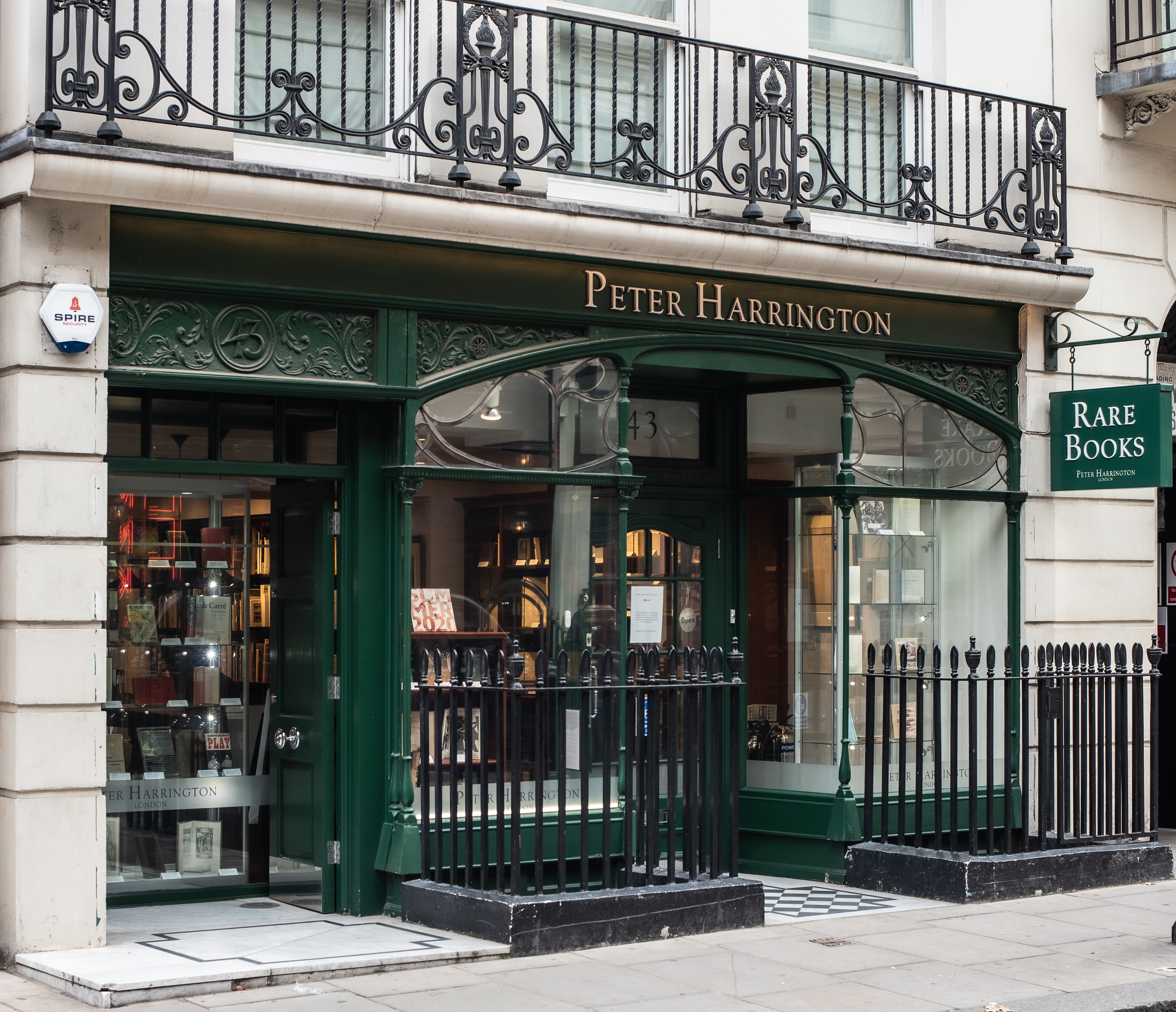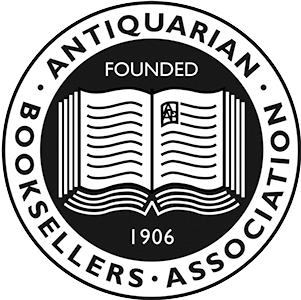Rhode Island: , 24 March, 1778. Sustaining Burgoyne's Wandering Army during the American Revolutionary War Revealing document from a pivotal period of the American Revolutionary War. "Received 24th March 1778 from Thomas Barrow Esq. Deputy Paymaster to His Majesty's Forces at New York, the Sum of Two hundred and Forty Thousand Dollars, which the Rate of Four shillings and eight pence each Dollar amount to the Sum of Fifty Six Thousand pounds Sterling for the use of the Army under the Command of His Excellency Lieutenant General Burgoyne, pursuant to an Order, from His Excellency General Sir William Howe dated at Philadelphia the 2nd Feb of 1778 for which I have given two more Receipts of this Tenor and Date. £56,000. R. Molesworth". Docketed verso as, Subsistence Extraordinary's [sic] Receipt. The receipt was signed at a delicate point for the British Army. In the summer of 1777, General William Howe succeeded in taking Philadelphia, but in October a separate force under John Burgoyne was forced to surrender to Horatio Gates following the two battles of Saratoga. Subsequently, the Convention Army, named for the treaty of surrender, was marched to Boston where they were held prisoner. The force of about 6,000 men was made up of British soldiers, Canadians, and German mercenaries from Hesse-Cassel, Hesse-Hanau and Brunswick-Wolfenbüttel. Burgoyne was permitted to leave for England in April 1778, but his army remained in captivity until the end of the war. This immense sum of £56,000, perhaps equivalent to £9,500,000 today, was sent to Burgoyne during imprisonment to feed his starving army. The Battles of Saratoga (September 19 and October 7, 1777) represented a key American victory marking the turning point of the Revolutionary War, proving that an independent United States was viable. "The American defeat of the superior British army lifted patriot morale, furthered the hope for independence, and helped to secure the foreign support needed to win the war... The victory persuaded France to sign a treaty with the United States against Britain. France's financial and military support contributed to Washington's victory at Yorktown in 1781, which effectively ended America's War for Independence" ("Saratoga", American Battlefield Trust, accessible online). The receipt was signed off by Richard Molesworth (17371799), a longstanding deputy paymaster in the War Office. Richard was the brother of Robert 5th viscount Molesworth, who inherited the title from his cousin Richard Nassau Molesworth, 4th viscount Molesworth, who died heirless, intestate and insane. Molesworth is briefly mentioned in a letter from major general Robert Pigot to Howe on 10 April 1778. The need for money to support general Burgoyne and his army in Boston is discussed. "General Burgoyne writes fully to you on the Subject of the Money, on the Agreements he made with General Heath for Payment of Fuel, &c., and for receiving Provisions in lieu of what was issued for the Use of the Troops... in Mr. Molesworth's Hands... I think it my Duty to inform you that Mr. Clarke who was lately with you at Philadelphia is of Opinion that it would be better to pay hard Money when you conveniently can than send Provisions to Boston, for that it will be immediately carted away to General Washington's Army, who stand in great Need of Salt Provisions, whereas the hard Money coming amongst them depreciates greatly their Paper... General Burgoyne appears in better Health and Spirits than I expected" (Report). This document was previously folded and kept in an envelope mounted on the front pastedown of a book from the Molesworth family library, a first edition of the English translation of Souligné's The Desolation of France Demonstrated. A presentation copy from Souligné to Robert Molesworth, 1st viscount Molesworth (16561725), with Molesworth's inscription on the front blank - Donum Authoris ("Gift from the Author") additionally signed by him on the title page and with a brief comment on the author: "Mons. De Souligny [sic], Grandson to the famous Du Plessis Mornay". In this work, Souligné, a Huguenot refugee, criticizes Louis XIV and his economic policies. He argues against the many wars undertaken and their subsequent effects on the population through elevated taxes: "The Farmes are exhausted by the enormous Taxes laid upon them, which at last falls heavy upon the Proprietor of the Land, and makes his Estate be worth so much the less; there is also great scarcity of Farmers, and all sorts of Labourers; they are extreme poor" (p.27). Robert Molesworth (16561725), 1st viscount, was an experienced political figure, a prominent member of the Privy Council of Ireland and he later held a seat for Dublin County in the Irish House of Commons. In 1716 he was created viscount Molesworth of Swords, in the Peerage of Ireland. Robert's father, also named Robert, made large sums supplying provisions for the parliamentarian war effort under Cromwell. In 1689 the younger Robert was posted as envoy to Denmark by William III. During his time in Denmark Molesworth was "appalled at the corruption of the Danish political system and the extent of French influence. He was both temperamentally and politically unsuited to the stifling atmosphere of a petty absolutism, being short-tempered and sharp-tongued, and animated above all by a love of liberty. Inexperience betrayed him into indiscretions, and he was eventually recalled in the summer of 1692" (ODNB). After his return to England Molesworth wrote the critical work Account of Denmark a tirade against the Danish Monarchy. "It provoked a rejoinder financed by the Danish government, but even more tiresome to King William than the diplomatic embarrassment were the repercussions in domestic politics, where the Account was interpreted and taken up as a warning against authoritarian tendencies in England" (ibid.). The book was influential in the burgeoning field of political science, and sufficiently popular to run through four editions in two years Later ownership inscription of Samuel Crompton (1753-1827) on preliminary blank. Crompton was a pioneer of the spinning industry and married to Harriet Molesworth the daughter of John Edward Nassau Molesworth; John was the great-grandson of Robert Molesworth, 1st viscount Molesworth. Annotations in black ink to the margin and text, possibly in the hand of Samuel Crompton. Also present: manuscript bankers' draft dated 1796 signed by Robert 5th viscount Molesworth, requesting a payment to his son-in-law John Forster Hill; and on a preliminary blank a later ownership inscription of Samuel Crompton (1753-1827), scattered marginal annotations in his hand. Crompton was a pioneer of the spinning industry and married to Harriet Molesworth the daughter of John Edward Nassau Molesworth, whose great-grandfather was the recipient of the book; twentieth-century bookplate of viscount Molesworth to front pastedown, pasted over white envelope which held the subsistence receipt. The Convention Army document stands as the focal point of an intricate piece carrying continuous traces of a family's interest and investment over key political debates of the long 18th century; through Europe and across the Atlantic, from Cromwell's Commonwealth to the creation of the American Republic. Single leaf (147 x 187 mm), hand-written on both sides in black ink. The book: octavo (186 x 117 mm), contemporary black crushed morocco, raised bands, spine gilt in compartments, covers ornamentally gilt, marbled endpapers. Rubbed, minor loss at spine ends, a few marks to covers, binding open to the cords after free endpapers but sound, occasional minor staining. ESTC R8752; Goldsmiths 3380. Report on the American Manuscripts in the Royal Institution of Great Britain, volume 9, No. 180, p. 230, accessible online.
















